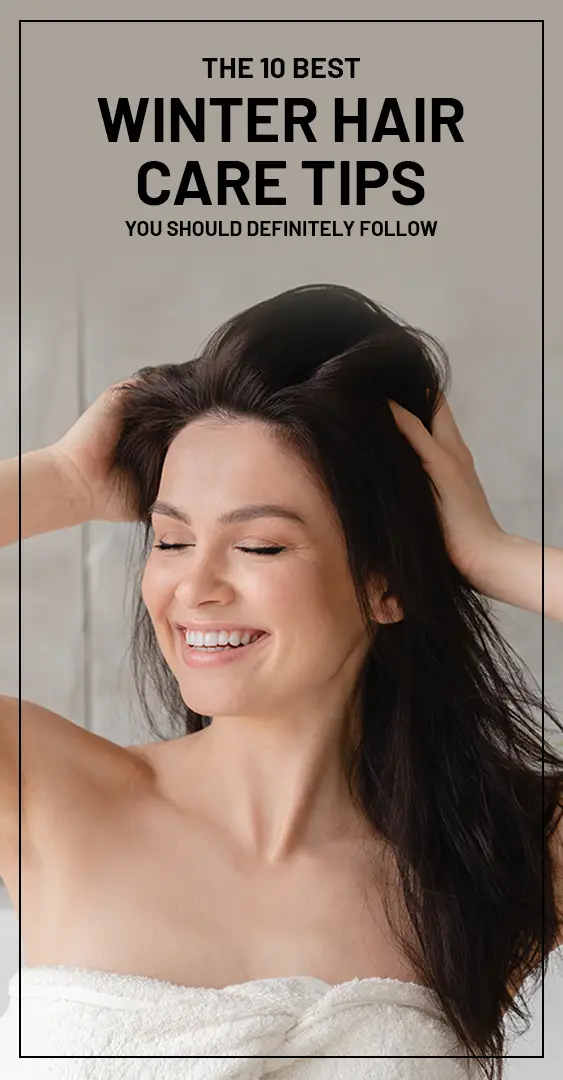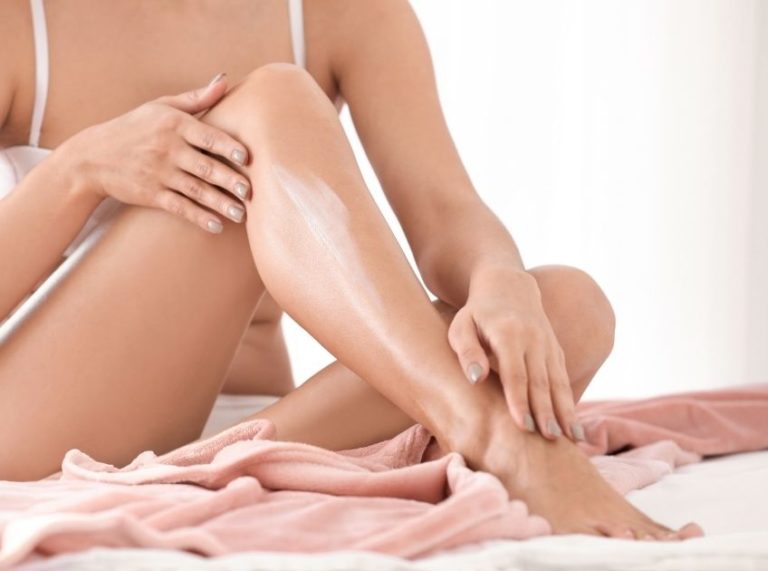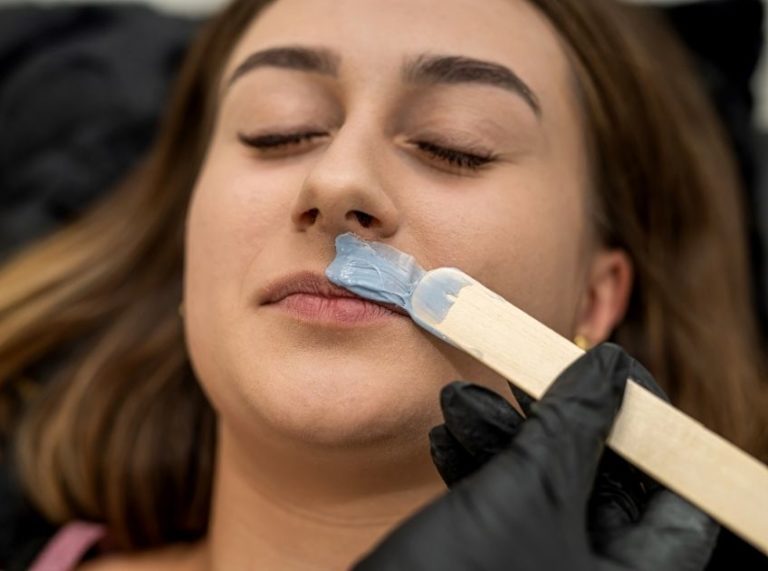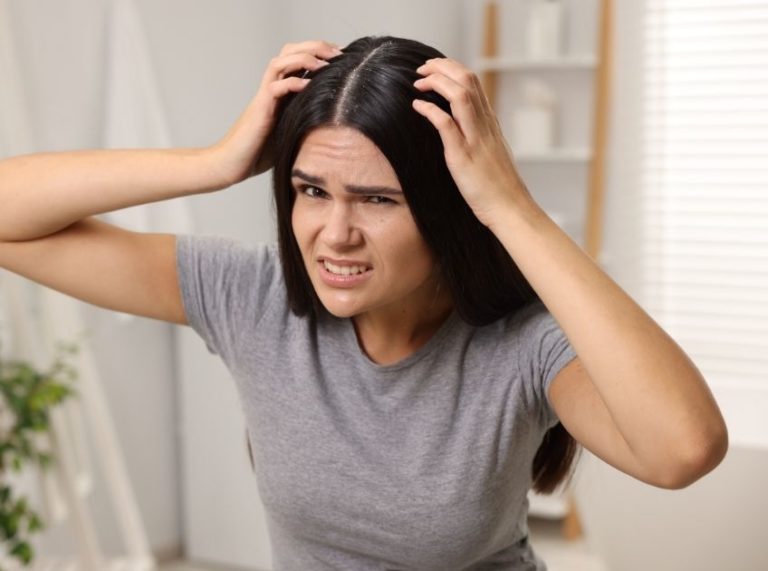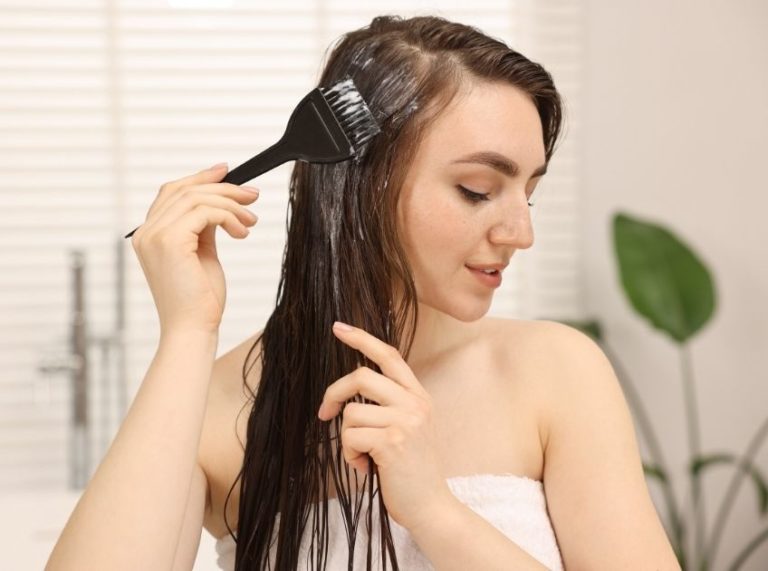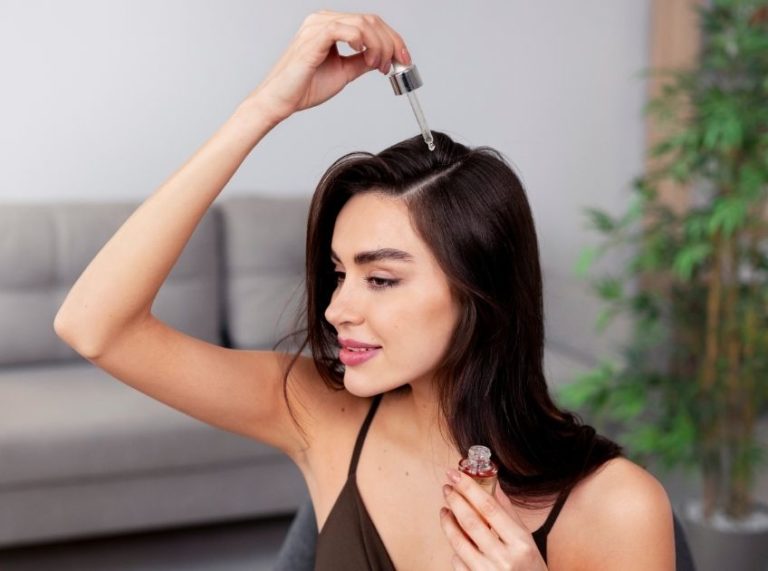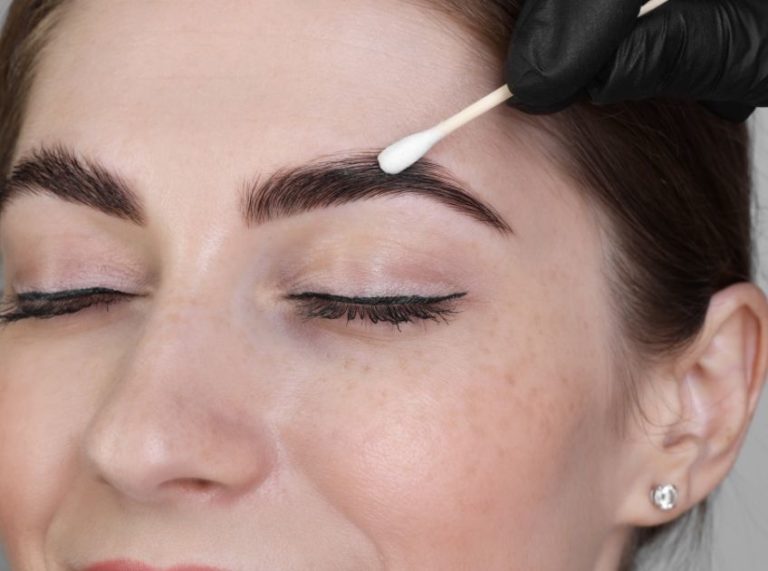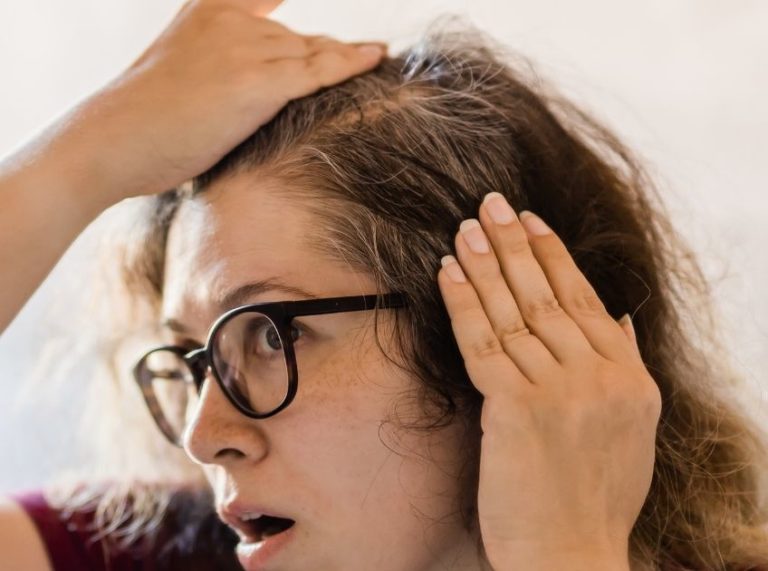
Important: This article is for informational purposes only. Please read our full disclaimer for more details.
If you live in a winter weather place, you may be aware of hair damage. Winter weather can be hard, and severe on all hair types and textures. The cold dries your scalp and makes it scaly and coarse. Just as we protect our body from the cold, our hair needs safety in the winter season and keep your hair soft, hydrated, and strong in the cold temperatures.
Article Contains
10 Simple Winter Hair Care Tips to Follow
The sudden, as well as steep drop in humidity can alter the skin texture and make it behave quite differently. Not only skin, hair, and scalp also get affected very much. Interestingly, a lot of people mainly focus on winter skincare but not hair care. For you, some of the important tips are given below to take care of your hair in the winter season.
1. Moisturize Your Scalp
Lack of moisture in cold weather causes dryness and itching on your scalp, which can lead to dandruff, scalp irritation, and hair fall. Hot oil massage provides helps to nourish the hair. Hair oils like castor oil, olive oil, and coconut oils work wonders. Carrier oils penetrate deeply into the hair shaft and maintain moisturized hair. Hair massage enhances blood circulation to the scalp and provides nourishment to the hair follicles and encourages rapid hair growth.
[ Recommended: How To Protect Your Hair While Sleeping ]
2. Avoid Washing Your Hair Often
If you wash your hair frequently with shampoo, its natural oils will come out and cause more irritation and dryness. You don’t wash your hair frequently as well as don’t use shampoo on your hair more than a couple of times a week. Always use a mild shampoo and sulfate-free to regulate the scalp’s natural moisture level.
3. Hair Mask for Deep Conditioning
Do not miss the hair conditioning in cold weather. Use a nourishing conditioner that contains natural oils such as olive, coconut, or jojoba oils. Additionally, you can use eggs, yogurt, and aloe vera gel for deep hydration and nutrition. You can use a hair mask for deep conditioning at home. Mix a little bit of yogurt, and add a couple of vitamin capsules along with the required amount of honey and olive oil. Wait for 25 minutes and rinse it off. Yogurt acts as a natural conditioner then honey and olive oil provide nourishment to your hair.
[ Recommended: How to Protect Your Hair From Hard Water? ]
4. Keep Away Your Hair From Hot Water
If you wash your hair in extra hot water, it absorbs all the moisture and converts your hair into brittle and dull. To avoid appearing as scales on the scalp, select a warm shower. if possible, pour a little water at room temperature for the last wash.
5. Leave-in Conditioner
Leave-in conditioner is the best option for your hair care routine in the winter season and you can also move to many leave-in conditioners that work as serums. Dry air creates more hair damage. If you neglect the chemical products, just apply a few drops of any natural hair oils to your hair roots and scalp which minimize the effect of splits ends.
[ Recommended: How To Protect Your Hair While Swimming? ]
6. Keep Healthy Fat For Your Hair
If you want healthy hair from root to tip, do not reduce on water and add some healthy fats food to your diet. Healthy fats such as cashews, pumpkin seeds, almonds, peanuts, and more. Healthy fats provide protein to your hair, and it helps to create your tresses healthy and strong from the inside. It reduces the chance of your hair breakage as well as improves the hair shining and assists to control the frizz caused by protein deficiency.
7. Avoid Using Hair Drying Tools
It is best to let your hair dry in the air. Hair drying tools expel moisture from your hair and increase the possibility of hair breakage. If you use any hair dryer to style your hair, it will reduce your hair health. Try to dry your hair in natural ways in order to keep healthy hair. If possible, you take a shower in the evening time, your tresses will get naturally dry overnight.
8. Follow Regular Hair Trimming
If you trim your hair once in two months, it is a great way to maintain the health of your hair as well as keep your locks fresh. Regular trimming provides helps to reduce the chances of split ends and minimizes the forming of hair dryness.
9. Use a Humidifier
During the winter months, it is essential to protect your hair from dry air, wind, rain, and snow which can rob it of moisture. Cotton, wool, and other sorts of fabrics can also cause hair breakage. Use a dry oil spray to combat static electricity under your cap. Dry oils are weighing very little and hold natural oils. It helps to moisturize your hair and restore shiny hair.
10. Do Go Out With Wet Hair
Wet hair is more likely to be damaged than dry hair. Walking outdoor with a wet head in the winter can freeze and break the hair. Although air drying is best, it is better to dry your hair than to go outside with a saturated mane.
Winter weather is so harsh on all hair textures as well as all types. Like skin, you should require prevention from cold to maintain healthy and soft hair. With the right winter hair care techniques, you can safeguard your hair from being fragile and breakage. The fact is taking extra care of hair in the winter season is quite difficult but if you do you can keep hair in amazing condition every day.
Recommended Topics:
- How to Strengthen Hair Naturally
- How To Protect Your Hair From Sun
- Essential Nutrients For Healthy Hair Growth
- How to Do Deep Condition Your Hair at Home
